The Trump administration announced it would impose tighter restrictions on Nvidia’s sale of artificial intelligence (AI) chips to China, requiring the graphics card giant to obtain a license for future deals, even for modified chips, according to the New York Times .
It is also the first major restriction the Trump administration has imposed on overseas semiconductor sales.
The move raises the possibility that Nvidia's sales to China will evaporate in the coming months, ending a business that was already shrinking due to US restrictions on chip exports to the geopolitical rival.
"Evaporated" 5.5 billion USD
Nvidia has been working hard to maintain sales to China despite growing restrictions from the U.S. government. In 2022, the Biden administration introduced rules to limit exports of Nvidia’s best AI chips to China.
There is no longer any exception for Nvidia to ship chips to China. Photo: Bloomberg. |
To “get around the law,” Nvidia modified one of its flagship AI chips, the H100, to perform below the US government’s regulatory threshold. The result was the H20 chip, which was released as a product specifically for the Chinese market.
Although its computing power is limited to AI training, the H20 is “probably the best chip in the world for inference,” according to Jimmy Goodrich, a senior adviser at RAND.
However, on April 9, the Trump administration announced that Nvidia needed a license to export the H20 chip to China and several other countries, according to a document filed with the securities regulator. On April 14, the White House continued to emphasize that the new regulations would be in effect “indefinitely” due to concerns that the H20 chip could be used to build supercomputers for military purposes.
With this new regulation, Nvidia expects to incur a $5.5 billion charge to revenue in the current quarter due to H20 chip inventory, purchase commitments and related provisions due to inability to sell or execute following the new government regulation.
More importantly, it’s not just a financial loss, it’s a major blow to the company’s strategy. Nvidia, which dominates the market for semiconductors used to build artificial intelligence systems, has always viewed selling chips to China as vital to its future.
According to the New York Times , if it has to withdraw from this market, the graphics card giant is worried about losing sales to Huawei, China's leading AI chip maker. Huawei has even begun to pose challenges to Nvidia in terms of AI chip sales worldwide.
“This kills Nvidia’s access to a key market and they will lose momentum in the country. Chinese companies will simply switch to Huawei,” said analyst Patrick Moorhead of Moor Insights & Strategy.
America's tough stance
The latest rules for Nvidia are a sign that the Trump administration will continue to pursue a tight grip on China’s tech development. DeepSeek’s rise in January underscored the country’s rapid advancement in AI, an area seen as a key geopolitical battleground in the long term.
Jensen Huang, CEO of Nvidia. Photo: Bloomberg. |
In the domestic semiconductor sector, Huawei's AI accelerators have been rated higher, although there is still a significant performance gap compared to chips from Nvidia or AMD.
“The US government’s increased regulation of Nvidia can be seen as part of the trade war with China. However, it is also a policy driven by concerns about China’s rise in electronics, and in that sense it is likely to become an indefinite regulation,” said Tomo Kinoshita, global market strategist at Invesco Asset Management.
Since the ban was issued by the US, Nvidia and manufacturers have increased controls on purchasing activities, ensuring that equipment is not resold to China.
Authorities in places like Singapore and Taiwan have also increased surveillance, making transactions increasingly difficult, especially for large orders.
To avoid the risk, some Chinese companies are looking for alternatives. Some retailers are re-labeling the new chip with an older chip, placing the old chip in front to “trick” the scanner.
The US is concerned that the H20 chip could be used to build supercomputers for military purposes. Photo: SCMP. |
In his final days in office, former US President Joe Biden’s administration tightened controls, pushing back countries that ship chips to China. The measures are expected to take effect by the end of the year, although the Trump administration has not yet said whether they will maintain them.
When the Biden administration’s ban took effect in 2022, a small shipping industry emerged, moving chips into China via couriers. That business has now evolved into a more sophisticated network that handles paperwork, foreign payments and the logistics of moving bulky servers across borders.
Source: https://znews.vn/ong-trump-vua-tung-cu-dam-vao-tuong-lai-cua-nvidia-post1546177.html


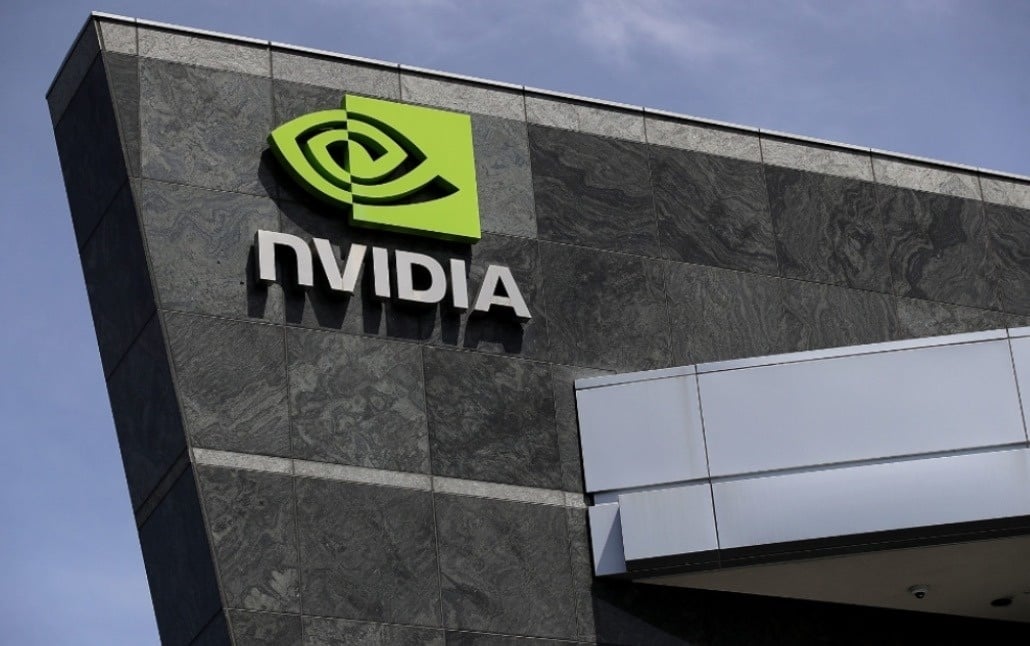
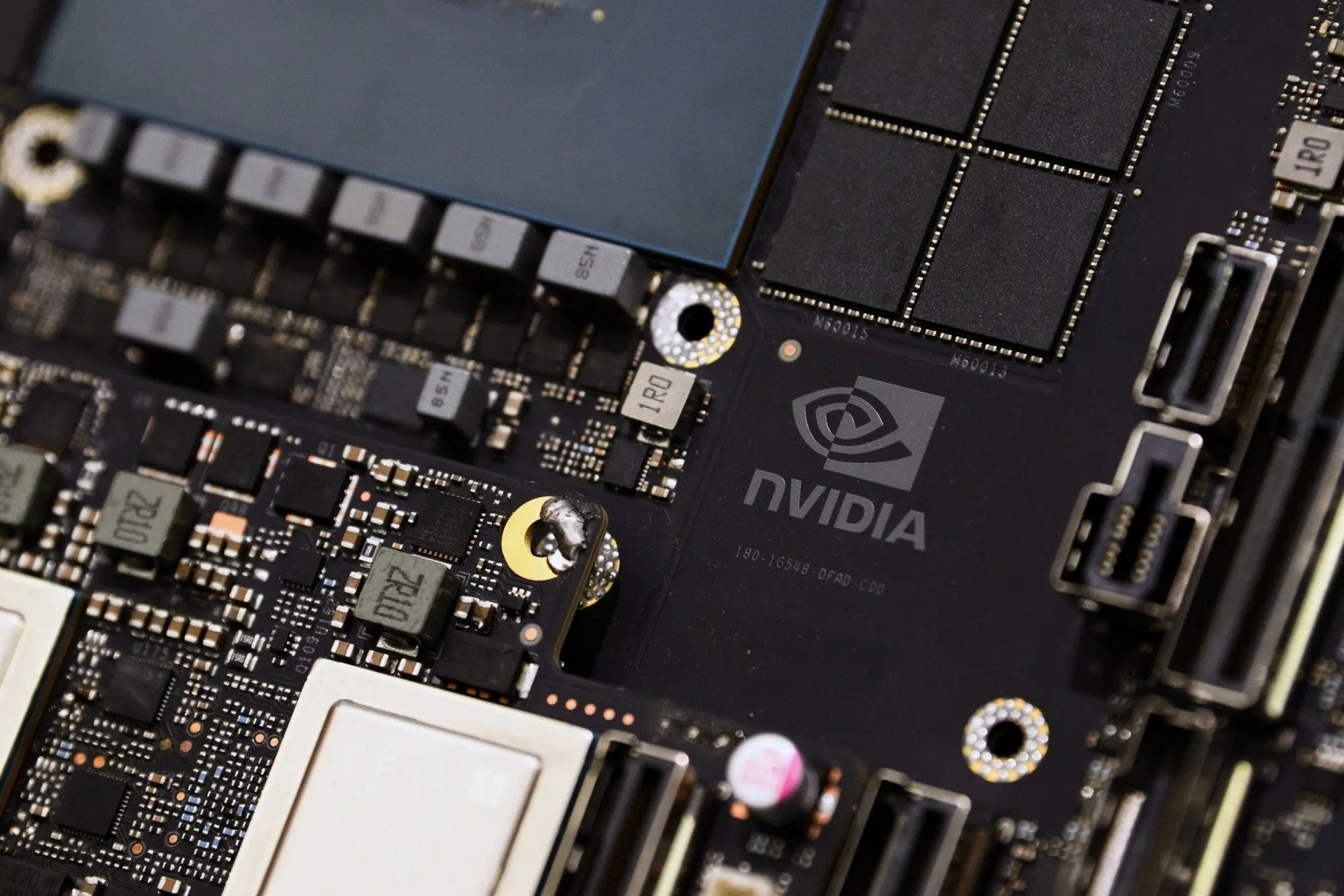
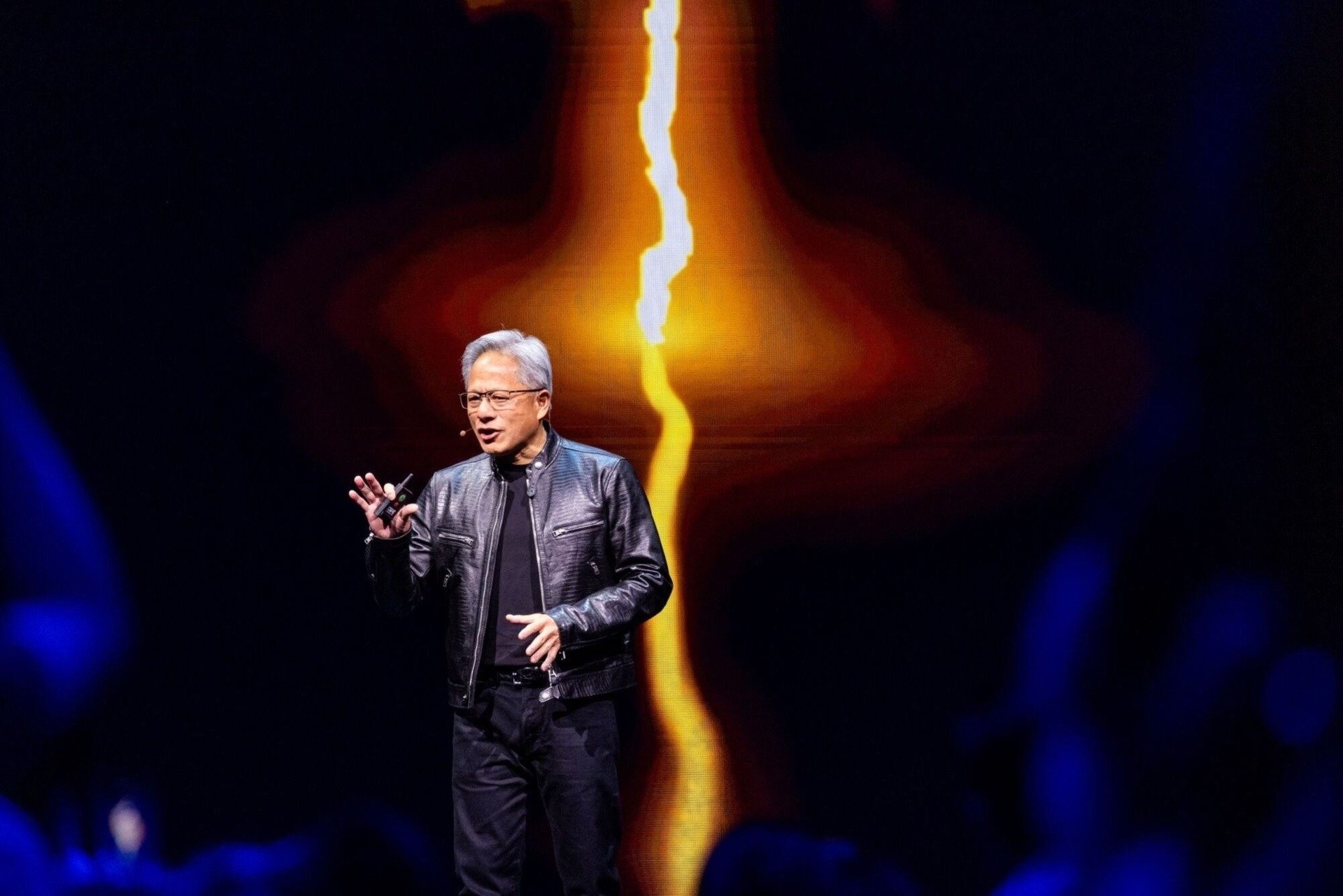
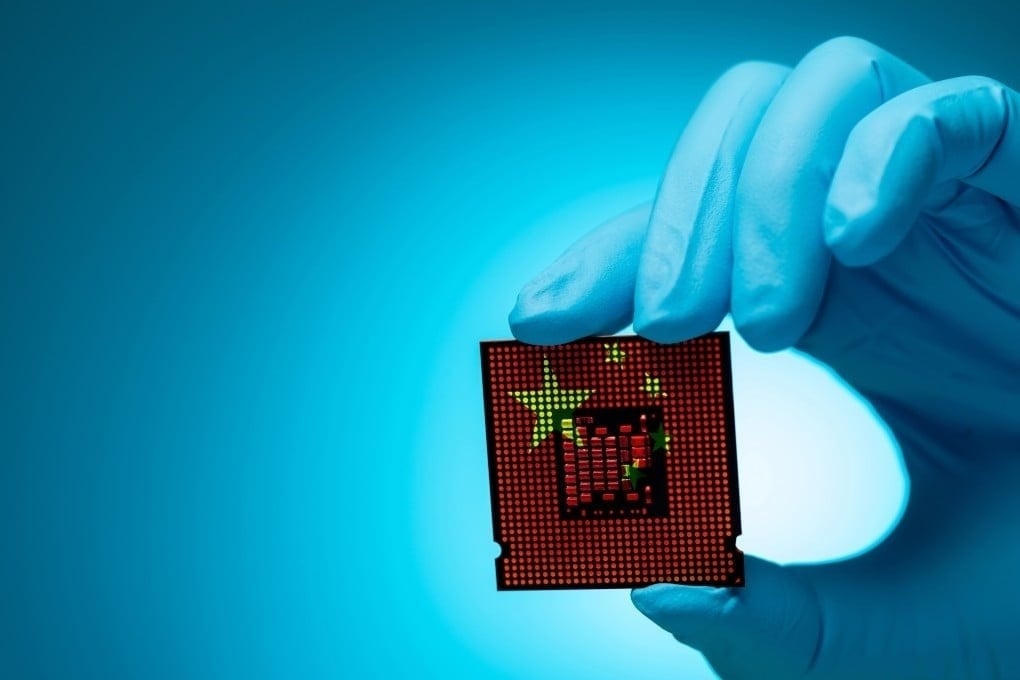
![[Photo] General Secretary concludes visit to Azerbaijan, departs for visit to Russian Federation](https://vphoto.vietnam.vn/thumb/1200x675/vietnam/resource/IMAGE/2025/5/8/7a135ad280314b66917ad278ce0e26fa)
![[Photo] General Secretary To Lam begins official visit to Russia and attends the 80th Anniversary of Victory over Fascism](https://vphoto.vietnam.vn/thumb/1200x675/vietnam/resource/IMAGE/2025/5/8/5d2566d7f67d4a1e9b88bc677831ec9d)
![[Photo] President Luong Cuong presents the decision to appoint Deputy Head of the Office of the President](https://vphoto.vietnam.vn/thumb/1200x675/vietnam/resource/IMAGE/2025/5/8/501f8ee192f3476ab9f7579c57b423ad)
![[Photo] Prime Minister Pham Minh Chinh meets with the Policy Advisory Council on Private Economic Development](https://vphoto.vietnam.vn/thumb/1200x675/vietnam/resource/IMAGE/2025/5/8/387da60b85cc489ab2aed8442fc3b14a)

![[Photo] National Assembly Chairman Tran Thanh Man chairs the meeting of the Subcommittee on Documents of the First National Assembly Party Congress](https://vphoto.vietnam.vn/thumb/1200x675/vietnam/resource/IMAGE/2025/5/8/72b19a73d94a4affab411fd8c87f4f8d)
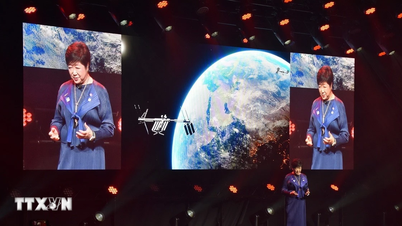
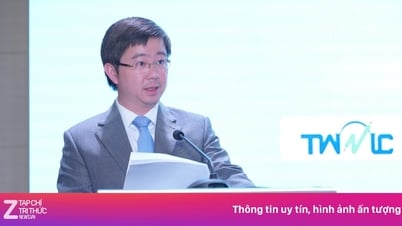
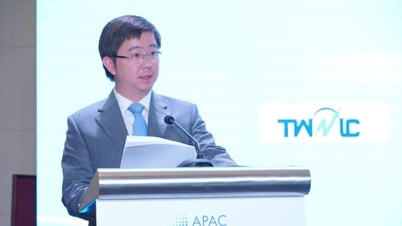
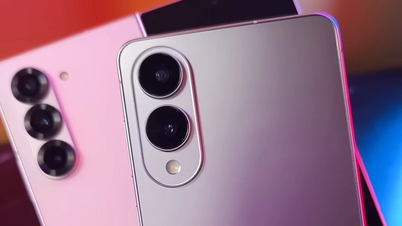

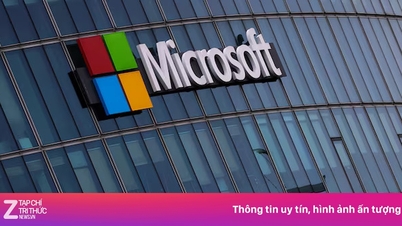










































![[Photo] Prime Minister Pham Minh Chinh talks on the phone with Singaporean Prime Minister Lawrence Wong](https://vphoto.vietnam.vn/thumb/402x226/vietnam/resource/IMAGE/2025/5/8/e2eab082d9bc4fc4a360b28fa0ab94de)















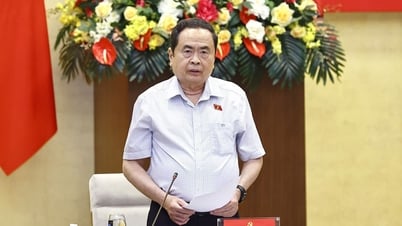

















Comment (0)